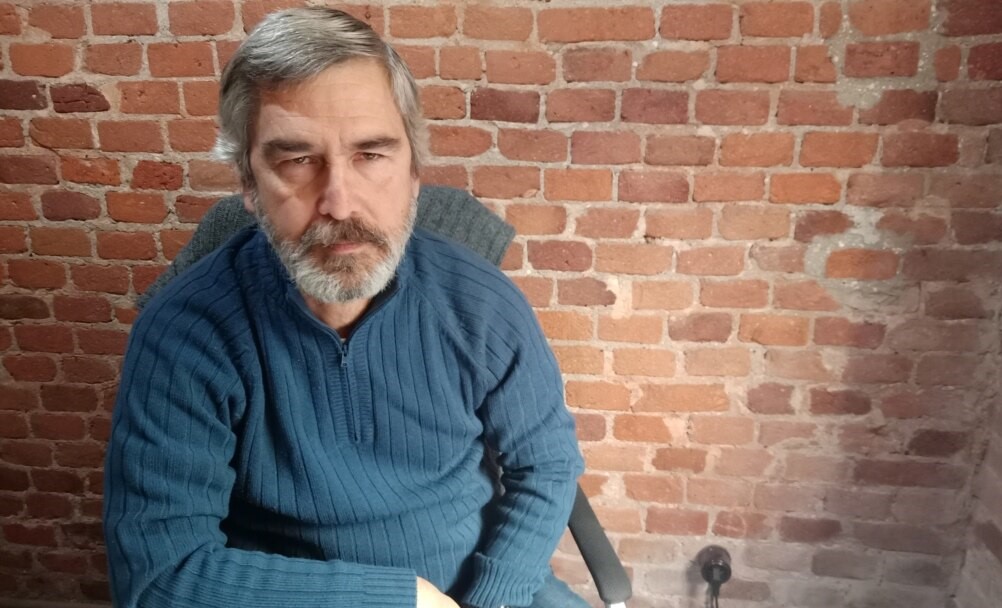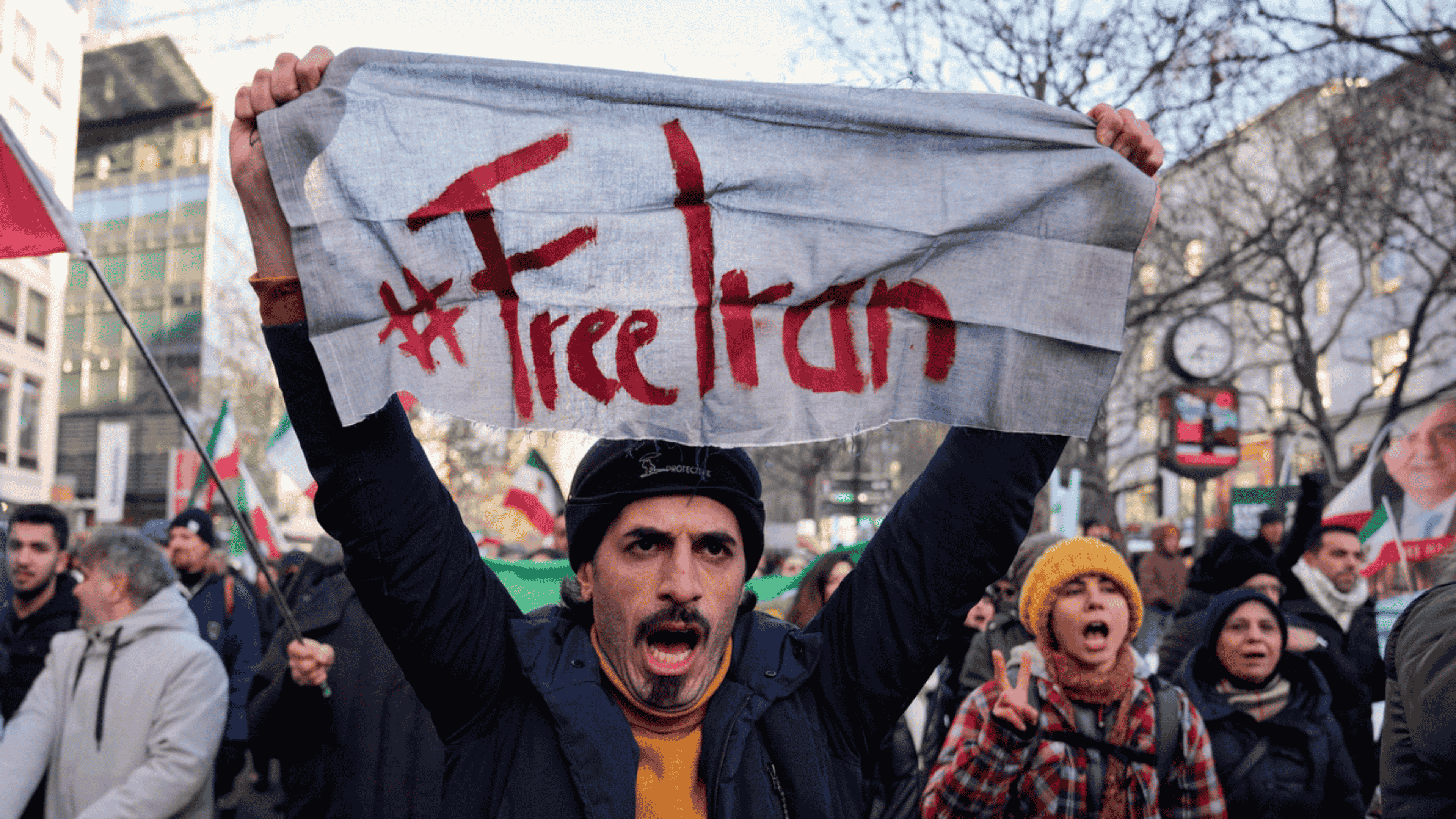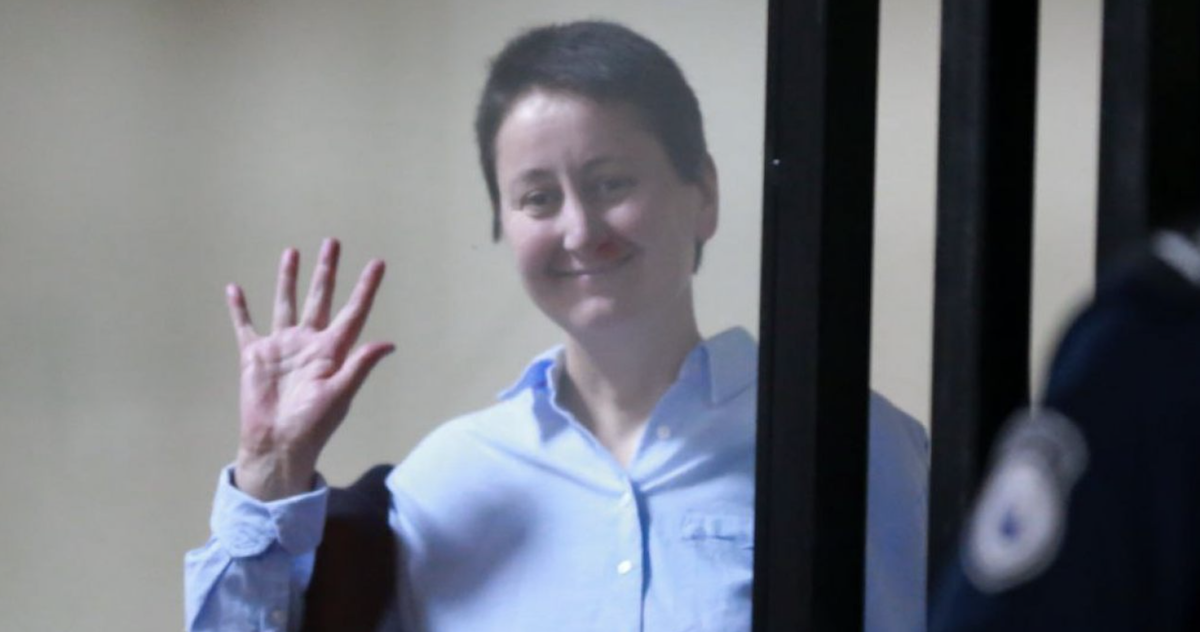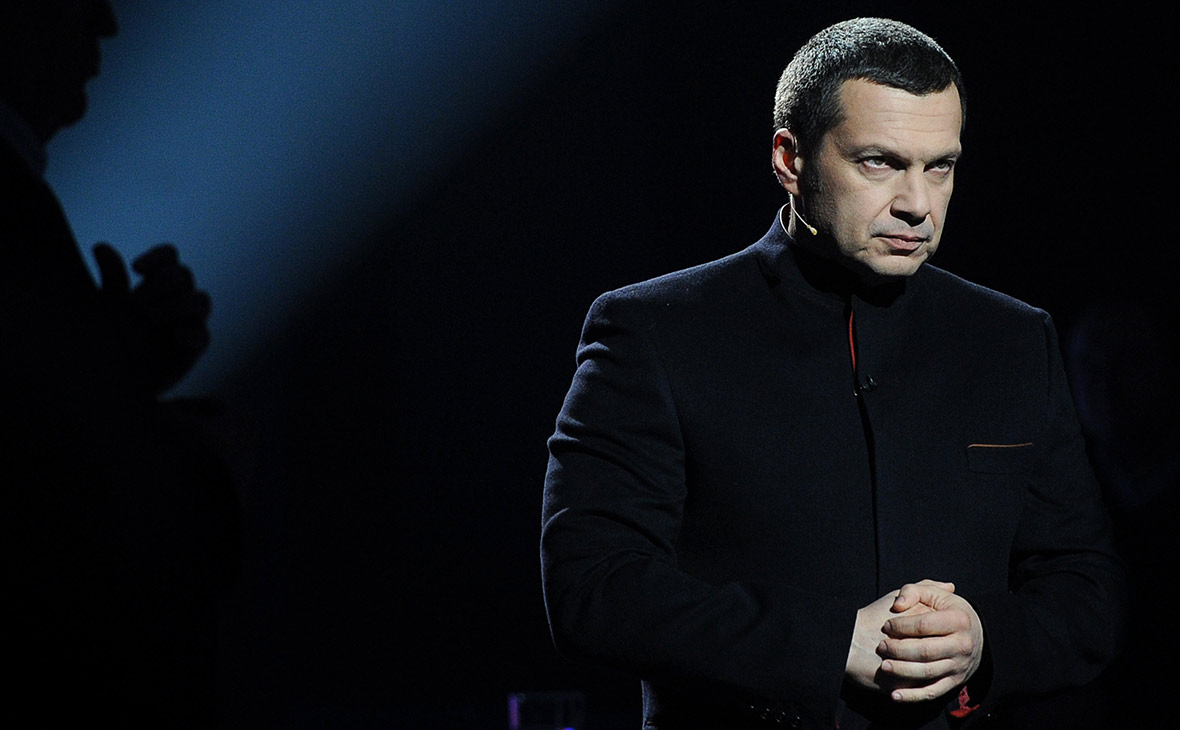The wisdom of imprudence, or meeting the past
Past
In the late 80s, in the period of heyday of the national movement, such phrase as: ‘Let demonstrate wisdom’, could be often heard from the Soviet Central Committee officialdom and art intelligentsia in response to some emotional appeals by the youth ‘non-mainstream’ (that’s how the civil activists were referred to at that time).
That ‘wisdom’ actually implied avoiding Kremlin’s irritation over excessive radicalism.
Patriotic elite was calling for non-mainstream’s cooperation and more constructive approach, because it seemed that more positive results could be thus achieved. They were saying: ‘You are chanting ‘Down the Russian Empire’ here in the street and that makes Russians angry. Consequently, it’s hardly possible for us to push through in Moscow the decisions that are crucial for Georgia.’
Today, it seems quite unserious and will even make one smile, but it was a novelty at that time and the whole Soviet establishment got scared at seeing a rally, to say nothing of the appeals voiced there.
This tendency continued even after the military coup in the 90s. Criticizing Russia from the Parliament’s rostrum became unacceptable too.
I remember Jaba Ioseliani, who was seriously outraged, saying: ‘we are holding talks with the Russians, promising them seaside ‘villas’ and suddenly the opposition will pop up, cursing Russia and thwarting the whole matter.’ The government of that time, as well as its supporters, believed that defeat in Abkhazia and economic hardship were due to the failure to demonstrate our wisdom and instead of mollifying and gaining Russia’s failure we ‘stepped on such a large country’s toe’ and make it our enemy.
The life itself has shown us the groundlessness of such ‘wisdom’. Practical experience has clearly proved that there’s no point making constructive, friendly, sugary flattering or similar gestures. All the aforesaid could hardly change the Kremlin’s aggressive attitude to the Georgian state.
A firm and consistent advancement towards the Euro-Atlantic integration is the only counterweight to Russian aggression. Although Saakashvili’s government was blamed for overly aggressive rhetoric against Russia, but the claims in this case could be laid only as to its forms of expression and emotion doses, rather than to the reason the authorities showed no ‘wisdom’ from the ‘old-time nomenclature’ perspective.
To tell the truth, I’ve never though that this old ‘wisdom’ would ever become topical again in Georgia. But it seems, one should never say never.
Present
The arrest of Georgian MoI special squad ex-member, Giorgi Tsertsvadze in Ukraine, sparked wide public outcry in Georgia [Tsertsvadze was released under the Ukrainian Appeal Court ruling yesterday, on January 26 – JAMnews].
Although Tsertsvadze was arrested on Russia’s demand by the Ukrainian, rather than Georgian, law-enforcers, this doesn’t drop serious claims to the Georgian leadership concerning this case. It has turned out that the Georgian side cooperated with the Russian special services, providing them with Tsertsvadze’s personal data through the Interpol channel. Afterwards, Georgian law-enforcers simply got rid of Tsertsvadze’s case: they let the Interpol wanted officer cross the border without either issuing him a warning or interrogating him.
Much has been stated and written on the travails of this case, therefore I’m not going to expand any further on it. I would just like to focus on one obvious tendency, due to which I took this lengthy journey into the history.
Giorgi Tsertsvadze’s case could have been quite naturally regarded as specifically the law-enforcers’ mistake and the result of their incompetent actions, if it hadn’t been for a number of facts ranking this case together with some other cases and pointing to a certain tendency in the government’s pursued policy. Here I will enlist several cases:
- None of the Georgian Defense Ministry officials attended the NATO Defense Ministers’ Meeting end of last year, during which some important issues for our country were addressed. Explaining the reason for not attending the meeting, the Georgian side said the meeting was intended for the NATO member-states only and the Georgian delegation hadn’t been invited to it. However, those who have fundamental understanding of politics should also be aware that when it comes to our country’s interests, you should make use of the format of bilateral meetings and informal channels.
- A couple of days ago, Georgian Energy Ministry accepted Gazprom’s proposed contractual terms on monetization of Georgia’s share from the South Caucasus gas pipeline. This has affected Georgia’s national interests. Alike last year, when Georgia rejected similar proposal, this year, too, the change of contractual terms solely depended on the Georgian government’s political will.
- Georgian authorities have started discussions on possible sale of 25% of Georgian railway’s shares. Among those, who are actively talking about the sale of railway shares now, are the people who opposed this idea during Saakashvili’s presidency. There were speculations that Russia was interested in buying Georgian railway shares and it was most likely to buy them if they were placed on the London Stock Exchange.Today, no one talks about Russia and that it may purchase Georgia’s strategic facility shares.
- Georgian parliamentary majority refused to pass a statement condemning Russian bomb attacks targeting peaceful population in Syria.
- Georgian Dream members of the Constitutional Commission oppose the idea of writing down in the Constitution a provision on Georgia’s aspiration towards Euro-Atlantic integration.
This list could be further continued, though, I think the aforesaid is quite enough.
It could be taken as a proven matter that Georgian leadership is doing its best to avoid anything that could cause discontent on part of Russia, i.e. the occupant country, acting against Georgia’s national interests.
Criticism of Russia’s policy is rarely voiced by Georgian government officials, to say nothing of the activists supporting the government. In other words, if put in the wording of the 80-90s of the last century, the authorities are obviously trying to ‘demonstrate wisdom’ and to ‘avoid irritating Russia’.
Giorgi Tsertsvadze’s case organically fits into these ranks.
Future prospects
And, quite naturally, here come the questions: what does this attitude indicate? (let me reiterate that it could be taken as a proven matter)
Since the very first day Bidzina Ivanishvili came into politics, the United National Movement (UNM) was saying that he was the Kremlin’s proxy and he aimed at pushing through Russia’s interests in Georgia. And they (UNM) perceived Tsertsvadze’s case as another manifestation of Ivanishvili and his team’s treacherous policy.
In my opinion, such interpretation is erroneous. Georgian Dream has been in power for already 4 years and if had been the proxy regime, the Georgian-Russian collaboration would have been already reflected in the bilateral treaties and decisions- neither the NATO center would have been opened, nor would anything else have been done in the country. As for bring relationship with Russia into a more constructive track, Ivanishvili and his team were discussing it earlier as well. Though, being constructive and being proxy are two absolutely different things.
On the other hand, the problem lies exactly in this constructiveness. Such approaches very much resemble the visions of the soviet establishment of the 80s, and they not just resemble each other, but are actually the same. I am constantly waiting for a moment of meeting the past, when some government official will utter that sacred phrase ‘let’s demonstrate wisdom’.
The motives behind this approach may be very noble and someone may really think that ‘a sweetness of discourse could seduce not only a serpent in its hole’, but can also cajole the ‘Northern bear’, though it’s also true that the road to hell is paved with good intentions. Throughout the 25-year history of our independence even the stones are beseeching against such ‘wisdom’.
So, why we are so much obsessed with this old-nomenclature constructiveness with regard to Russia?
Shouldn’t there be at least someone among the political decision-makers, who knows what’s what in the historical and political patterns? But there is actually only one person who makes decisions on political issues in Georgia nowadays, while the rest are either the executors or executive managers, who are not entitled to made strategic decisions. Thus, everything depends on that person’s competence and mindset, which is actually not much different from the views of establishment and intelligentsia of the 80s.
Maybe there is a common sense within the government itself, and some people may even realizing that this heavenly ‘wisdom’ is far from being wise, but as one classicist put it, ‘who will dare telling the lion, even a single-eyed one, that he is a cross-eyed’?
In view of the fact that the decisions are made single-handedly and there are no longer any autonomous organizational and political entities, a common sense of certain official remains just his personal opinion.
It’s quite obvious that with such approaches the country is unlikely to further develop and there will probably be more precedents of Tserstvadze-like cases in future, until an informal style of ruling is changed, which is hard to be imagined, especially against the background of such government.


















